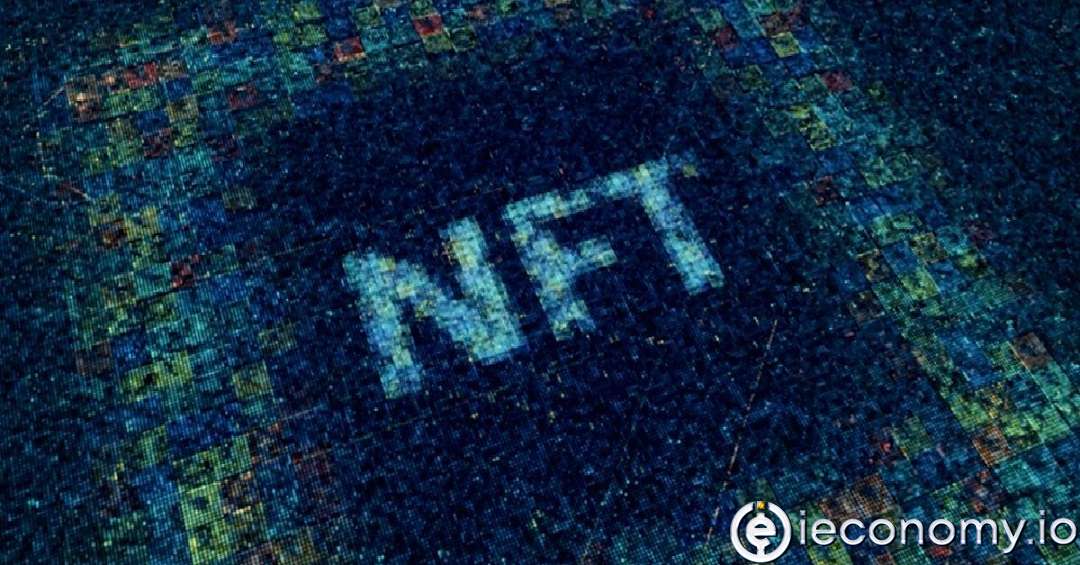8544
0
The US Treasury Department: NFT s can pose new risks
The U.S. Treasury Department has warned that the emerging digital art market, such as NFT s, could pose new risks...

Yazar: James Gordon
Yayınlanma: 6 Şubat 2022 01:57
Güncellenme: 2 Mart 2026 22:40
A study has been published on facilitating money laundering and terrorist financing through the trade of high-value works of art, NFT or not, the ministry said in a statement.
The statement said that there is evidence of some money laundering risk in the high-value art market, while evidence of terrorism financing risk is limited.
The most vulnerable to money laundering in the art market are businesses that offer financial services such as art-backed loans but are not subject to comprehensive money-laundering and counter-terrorism financing obligations.
In the statement, it was emphasized that the emerging digital art market, such as NFTs, may create new risks depending on the structure and market incentives.
In the statement, it was recommended that private-sector information-sharing programs be developed to promote transparency among art market participants, and it was stated that training on customs practices should be updated.
NFT (Non-fungible token), which stands for 'non-tradable token', allows the owner of unique digital items to be bought or sold and track who owns them using the blockchain. NFT technically encompasses anything digital, including illustrations, animated GIFs, items from songs, or video games.
On the other hand, in another statement made by the US Treasury Department, it was reported that the Financial Stability Oversight Council convened under the chairmanship of Treasury Secretary Janet Yellen.
The Council agreed to support an inter-agency risk monitoring system to identify potential financial stability risks posed by hedge funds and to consider options for dealing with emerging hazards.
İLGİLİ HABERLER





European stocks soared and focus shifted to German retail sales after Powell's speech!

Forex Signal For TRY/USD: Inflation Slowdown in November.

Forex Signal For GBP/USD: Bullish Trend Still Not Breaking While Recovery Continues.

Forex Signal For EUR/USD: Starry US Data Points to Higher Fed Increases.

Forex Signal For BTC/USD: Downside Continues as Bitcoin Recovery Moves Less.
En Popüler Haberler
Yorum Yap
Yorumlar
Henüz yorum yapan yok! İlk yorumu siz yapın...